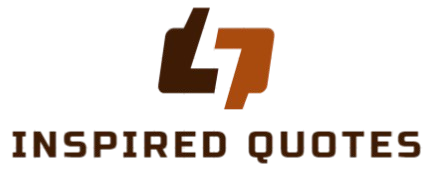Choosing the right preschool program for your child is a crucial decision that can significantly impact their early development and educational journey. Understanding the benefits of various preschool programs can help you make an informed choice that aligns with your child’s needs and your family’s values. One popular preschool approach is the Montessori method, which emphasizes self-directed learning and hands-on activities. Montessori classrooms are designed to foster independence and critical thinking, allowing children to explore and learn at their own pace. This method encourages a child’s natural curiosity and promotes a love for learning through sensory-rich materials and activities. It is particularly beneficial for children who thrive in a structured yet flexible environment where they have the freedom to choose their activities and work at their own pace. In contrast, the Reggio Emilia approach focuses on collaborative learning and the importance of community and relationships in a child’s development. This method values the child’s voice and encourages them to express themselves through various forms of communication, such as art, music, and storytelling.

It promotes creativity and problem-solving skills by engaging children in projects that are meaningful to them. The Reggio Emilia approach is ideal for children who enjoy working in groups and benefit from a curriculum that is responsive to their interests and ideas. Another popular preschool model is the HighScope approach, which emphasizes active participatory learning. In HighScope classrooms, children are encouraged to plan, do, and review their activity, which helps them develop decision-making and organizational skills. The curriculum is structured around key experiences, such as language and literacy, social-emotional development, and physical development, ensuring a well-rounded education. This approach is effective for children who thrive in a structured environment with clear routines and enjoy having a role in planning their learning experiences. The Cheras Nursery preschool has another method option that emphasizes a holistic approach to education, integrating academics with artistic and practical activities. Waldorf classrooms focus on fostering imagination, creativity, and emotional development through activities like storytelling, crafts, and outdoor play.
This approach values the importance of rhythm and routine in a child’s day and often incorporates seasonal and cultural themes into the curriculum. Waldorf education is beneficial for children who benefit from a rhythmic and nurturing environment that values creative expression and hands-on learning. Lastly, traditional preschool programs often follow a more structured curriculum that includes a mix of academic and social activities. These programs usually have clear educational goals and provide a balanced approach to early childhood education. They are suitable for children who thrive in a more predictable and organized setting, where they can develop foundational skills in literacy, numeracy, and social interaction. Ultimately, the best preschool program for your child depends on their individual needs, interests, and learning style. By understanding the unique benefits of each approach, you can choose a program that will support your child’s growth and development, setting a strong foundation for their future learning journey.
